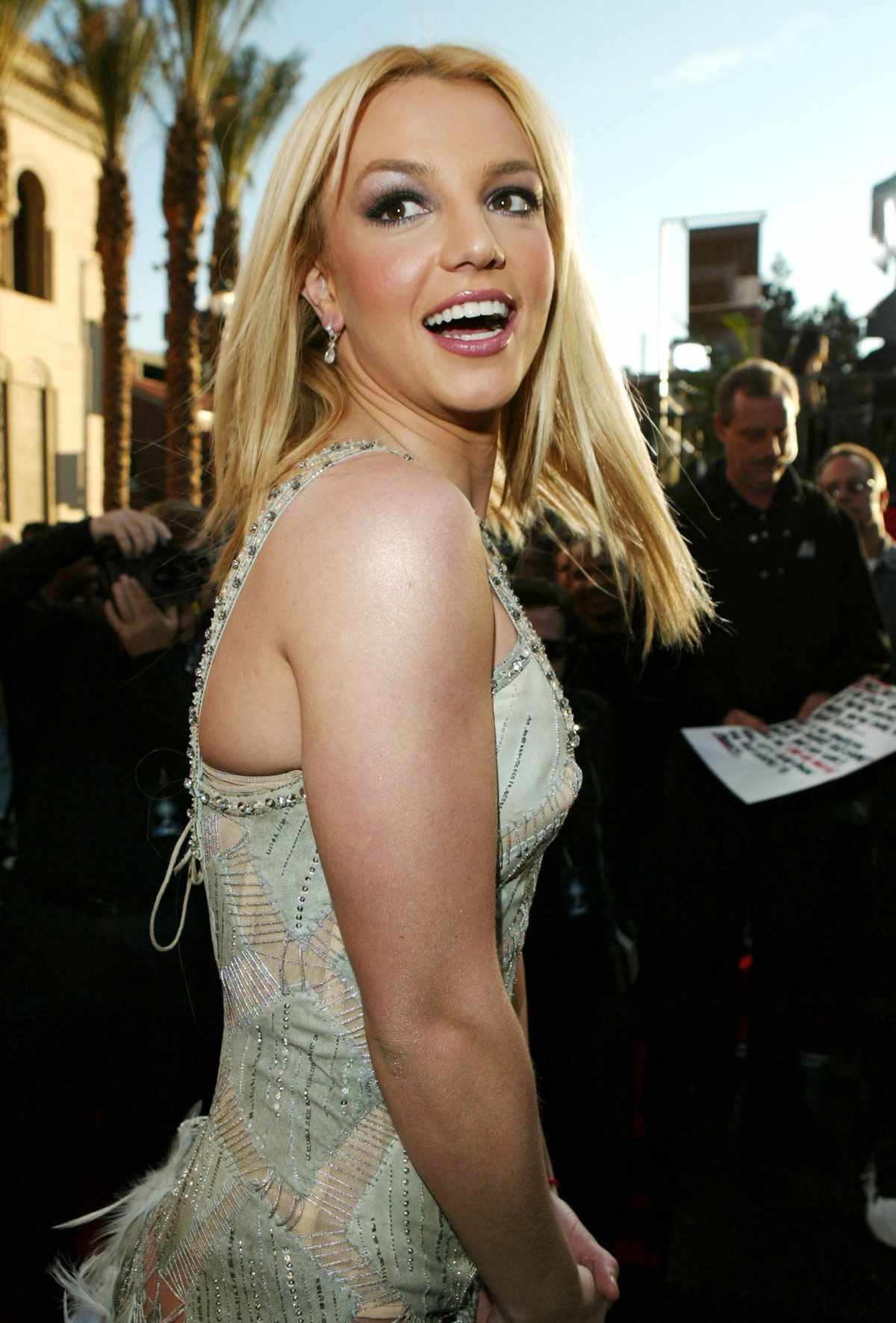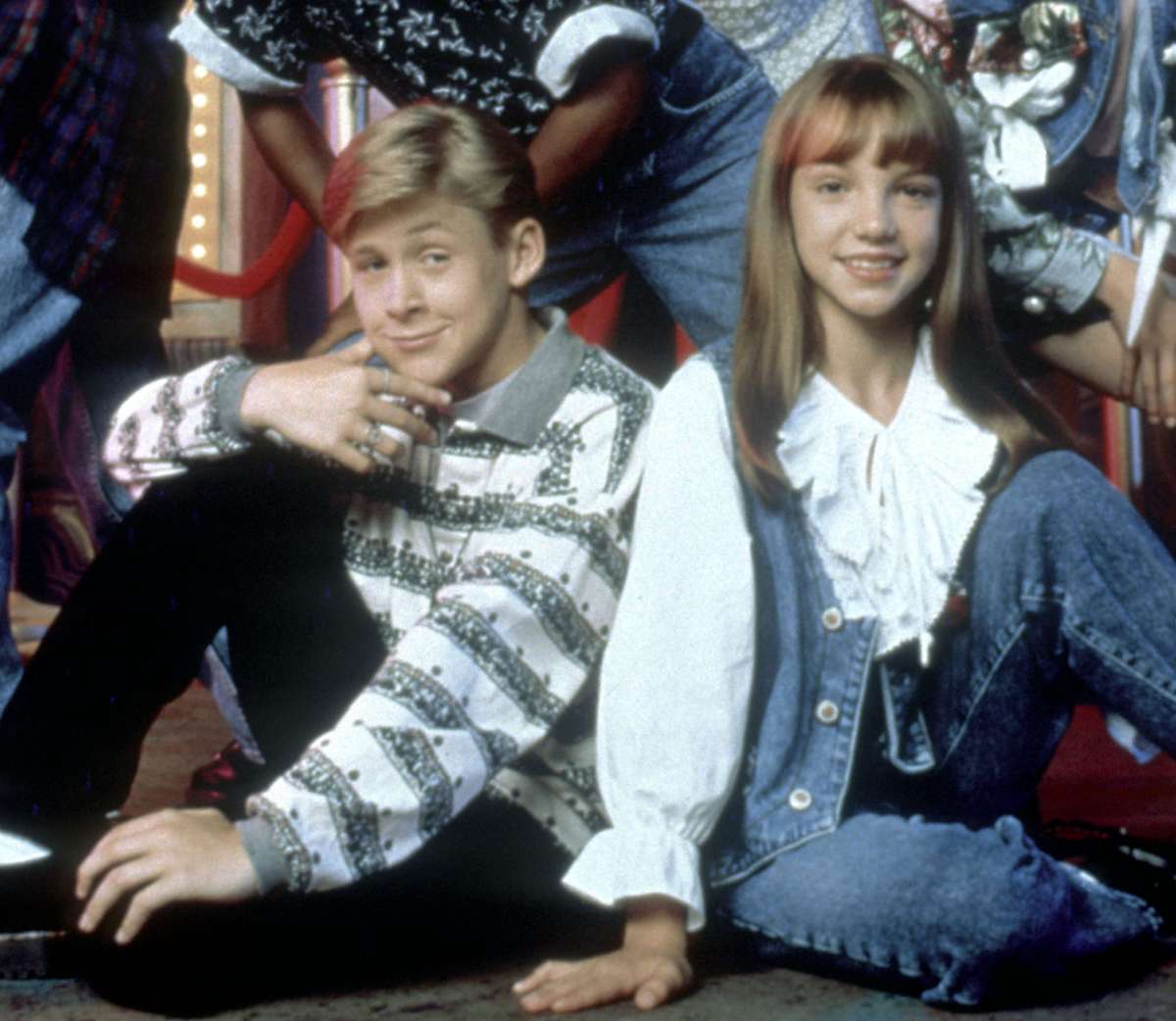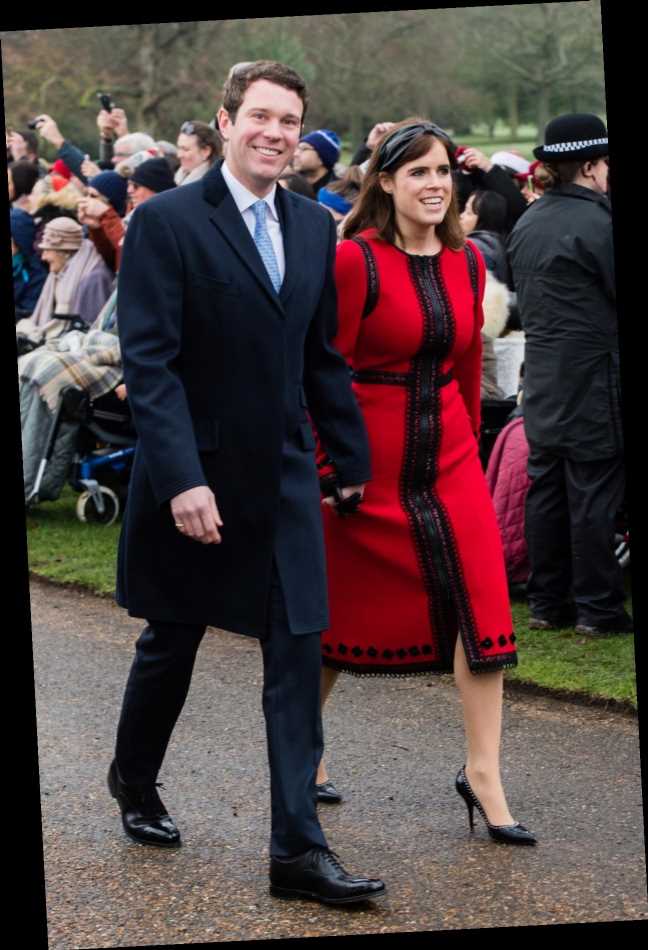A few months ago, I witnessed a pedestrian in the moments after she had been clipped by a truck in the driveway of the Rite-Aid where I happened to be getting a drive-thru COVID test.
I watched from my car as the woman, who appeared to be in her mid-50s, limped out of the street and collapsed, very apparently suffering some kind of leg injury. My first thought was how I could best be of help.
Before I could decide to leave the pharmacist, who was handing me a nasal swab through the window, and rush to this woman's aid, two other bystanders had sprung into action, one attempting to calm her, and the other squinting to make out the license plate of the truck while calling what I suspected was 911. Ultimately, the "right" thing for me to do was tell the pharmacist that a woman in the parking lot needed medical help.
In this moment, I was proud of myself for having faced a real-life episode of What Would You Do?, and feeling like I had made the right choice. I knew the woman would be OK, and I had done my tiny part to be sure of that. We'd all like to imagine that we'd do the right thing when faced with any kind of dilemma that requires decisive action, but more often, we don't, and we tell ourselves we simply couldn't have known better. We just go along with what's happening around us. Or, we say there wasn't an obvious right or wrong choice, retroactively exempting ourselves from scrutiny.
We're granted the gift of hindsight while watching Framing Britney, the New York Times' documentary on the many iterations of Britney Spears we've built up and torn down for sport in the arena of popular culture. We're able to peer 25 years into the past and condemn the media for gross violations of personal boundaries, for the sexualization of a teenage girl, and many wrong choices made at her expense, from the general down to the specific — like a 1998 interview when she was made to discuss her breasts, at age 17. The industry wanted her to be a school girl, but sexy; the media made her out to be a 'slut' and thus acted entitled to every part of her body. She suffered under the weight of those competing messages — and boom, was labeled insane.
As a teen at the time, I bought into the narrative that Britney was crazy. I watched as a talented woman was ripped to shreds for being a tease, for being a slut, for being asked publicly about the status of her virginity, and then for feeding the public the line that they wanted to hear, only to later be called a liar, and therefore, a skank. I was among the masses that called Britney Spears "mental," a "bad influence," and, most cuttingly I believed at the time, "untalented."
In 2007, I was a 14-year-old high school freshman watching as a woman I'd listened to during my most formative years — often in secret because her costumes, dance moves, and provocative lyrics were too risque for my conservative household — unraveled. With more than a hint of Schadenfreude, I relished her downfall, believing she had brought the disgrace upon herself. She was everything I was told not to be, and the adults in my life pointed to her as a symbol of the consequences of loose morality. There was nothing my dad feared more than the prospect of me becoming a "spoiled brat" who wore makeup and crop tops, and there was nothing I feared more than losing the respect of my dad. I didn't understand then that this was a trap — I was being made to idolize Britney Spears and hate her (and thus everything I idolized) at the same time.
It didn't matter that I knew every word to every Britney song, that I had spent hours of my life choreographing dances to "Baby One More Time" and "Toxic;" or that I had bought curtain beads from Claires to hang on my door frame when I was 8 because of the Oops!… I Did It Again album cover; or that the song "Lucky" had introduced to me the concept of emoting through music, becoming an outlet for my pre-teen angst that I played over and over again on my Hit Clips. In 2007, her impact on my life was inconsequential because it didn't align with the person I wanted society to understand me as: a chill girl.
The Chill Girl is aloof, unconcerned with girly things. She does not listen to pop music; in fact, she actively maligns it. She considers Elliot Smith and Nick Drake canon, but any female singer songwriter doing essentially the same thing as overly emotional. (Patti Smith and Joni Mitchell get a pass because they were tomboys, and because they were, at that point, older and non-threatening.) I'm not the first person to discuss the impossibility of this trope, and how rife with contradictions it is. In fact, it's one of the most commonly parodied stereotypes on social media. But that doesn't mean that we don't still attempt to conform, in some subconscious way, to the ideal.
A few weeks ago, I came across a video on TikTok of a young woman singing about trivial things she had felt ashamed to admit she loved. Among them was Taylor Swift.
Admitting that you like Taylor Swift has become something of a litmus test for other female artists, too. Meaning, they aren't supposed to admit it when they do. "It used to be a shock to people that I liked Taylor Swift," Phoebe Bridgers told Nylon last month. "I think she is the perfect example of the way that privilege is both really lucky, but also you have to be naturally talented … and you have to be a great writer, and I've always thought she was." Bridgers, another blonde musician recently placed at the butt end of sexist ire, put the emphasis on Swift's talent, because in the conversations about Taylor's or Britney's career, it's often the element that's lost.
When I was given the chance to think critically about the views I held of Britney, to examine where (and who) they came from, I didn't. Not because I was too young to know better, but because it was more fun to join in on the game that used Britney (and Paris, and Lindsay, and any other young, successful, beautiful woman) as a punching bag. Doing so is the surest way to keep them at arm's length — to prove you are a chill girl, and not like them at all. It's the old "guys' girl" trap.
Disliking a person for contradicting a patriarchal schematic in which women must be more like men, but not too much like men, is counterproductive. It's also really hard not to do. My own feelings about Taylor Swift are unnecessarily complicated. There are many artists who change genres often, and with varying degrees of success. For some reason, though, I hold Taylor to an inexplicably higher standard. If I don't like one of her albums, my convoluted thinking goes, then I don't like Taylor as a person or as an artist. Rather than an innovator with room to grow in her career, I see Swift as cashing in on the genre du jour (see also: Miley Cyrus's flirtation with trap, psych rock, country, pop rock, and punk rock). If I don't like one of King Gizzard & the Lizard Wizard's albums, however, I'd still probably go to their show, buy a bunch of merch, and sing along to the lyrics to "Fishing for Fishies" unabashedly. Classifying Taylor in a category apart from other artists impedes other meaningful conversations about the quality and content of her albums, the impact of her superstardom (for example, her choice to break her political silence), and the fact that at the end of the day, she is a person with feelings. For lack of a better word, it's straight up dumb.
Looking back at the shit that Britney was subjected to brings on a full-body cringe. I literally twitched remembering the creepy old man host of Star Search who asked if he would be a good candidate for her boyfriend when she was in elementary school. The look of discomfort on her face as she tepidly answered (though with a smile!) "it depends" is enough to make the idea of banning men sound less like gross hyperbole and more like the answer to all of our problems.
In the meantime though, we shouldn't stop at looking back at our collective mistreatment of Britney Spears. We should acknowledge our ignorance in the face of injustice put upon Megan Fox, who in 2009 recalled being sexualized by director Michael Bay when she was just 15 years old, only to have Jimmy Kimmel reply along the lines of 'well, what did you expect'; or Janet Jackson, who famously took the fall for what was a two-party wardrobe malfunction at the 2004 Super Bowl halftime show; or Jennifer Aniston, whose divorce from Brad Pitt cast her as the scorned, sad, childless woman, in contrast to the role assigned to Angelina Jolie — the homewrecker.
Then, importantly, we have to admit this hasn't only happened in the past. Can we honestly say the conversations around Billie Eilish's body feel materially different from what Britney Spears endured at her age?
Last weekend, I watched Phoebe Bridgers, for all intents and purposes, my idol, smash a guitar on stage on SNL. My first reaction was a shudder. But when I pulled back, I realized it wasn't Phoebe that made me cringe; I'd been conditioned to see a woman acting that way (like a male rockstar might) as cheesy or silly. Whether or not that opinion is mine is the answer I should be looking for.
Source: Read Full Article





